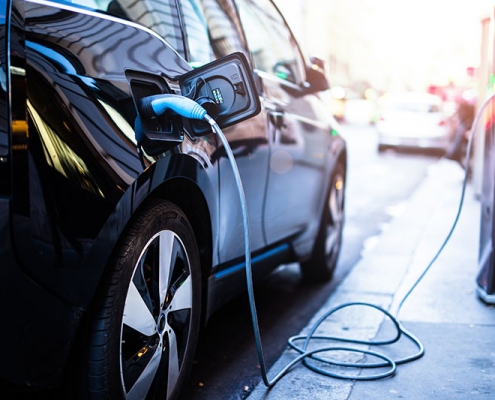Electric Vehicles sales expected to rise dramatically in the next decade
 According to a report released by the Bureau of Infrastructure, Transport and Regional Economics, electric vehicle sales in Australia are estimated to account for 8% of all vehicle sales by the year 2025.
According to a report released by the Bureau of Infrastructure, Transport and Regional Economics, electric vehicle sales in Australia are estimated to account for 8% of all vehicle sales by the year 2025.
This number is expected to jump to 27% in 2030, but still puts Australia well behind the rest of the world in this area, with 36% of global sales to be EVs by the year 2030.
The approach used by the Bureau to estimate these figures involved estimating the likely uptake of electric vehicles by people from the 22 countries featured in the report.
“The resulting models allow an understanding of the forces underlying electric vehicle uptake trends in each of the countries, thus providing estimates of the predicted speeds with which electric vehicles sales will replace sales of fossil fuel vehicles,” said the report.
Explaining the reasoning behind the sharp increase over the next decade, the report claims that the predicted cost of a battery per kWh is set to be halved by 2025 from US$189 to $72, while the battery size and vehicle range are expected to increase by more than double.
Meanwhile, the cost of manufacturing the rest of the electric vehicle is expected to remain the same until after 2025, meaning a price reduction is unlikely in the near future.
The impact of a larger fleet of electric vehicles on the road could also have an impact on policy makers according to the report.
“As electric vehicles spread throughout the fleet, revenue from various taxes, especially those on fossil fuel such as excise taxes and carbon taxes, will decline.
“These taxes are currently used to fund a substantial part of the cost of road construction and maintenance, funding which will have to be replaced.”
This impact may force policy makers to alter tax exemptions as fewer combustion-engine cars are left to be taxed.
Original source: EVtalk | Ev sales rise forecast in Australia, but still lag rest
7 Aug 2019









